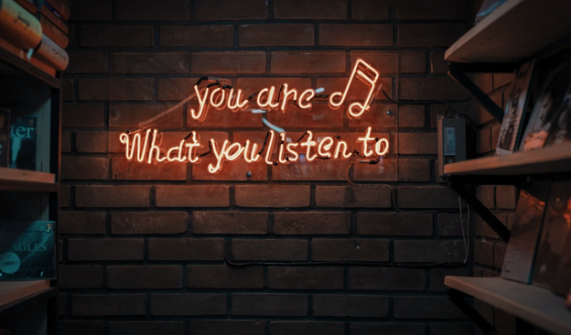In today’s challenging world, people who can process information quickly, ignore distractions, and switch smoothly from one task to another are enormous advantages to any business. Those skills also extend to home-based businesses.
New research shows that trained, experienced musicians process these skills disproportionately to other people.
A new study shows that music training increases our capacity for “fluid intelligence” defined as the ability to think abstractly and solve problems. It also positively enhances our memory, attention, and the ability to plan, organize, and accomplish goals. This supports the positive relationship between music training and cognitive function.
The study tested several tests on seventy-two college undergraduates.
The undergraduates were grouped into three categories:
- Musical Experts: People who started formal music training at age ten or younger, and continued for at least a decade
- Musical Amateurs: Those with at least one year of musical training
- Non Musicians
The study’s findings show that musicians with extensive experience scored significantly higher than non-musicians and less-trained musicians. Specifically, they did better on attention, working memory and processing speed.
They also show that the ability to think abstractly and solve problems is enhanced by musical training, as it involves quickly comprehending a complex symbolic system, multitasking, reasoning, and more.
For example, playing in an ensemble requires the ability to focus on one’s piece without being distracted by other musicians, and processing speed is enhanced by learning to quickly react to the demands of the music, collaborators, etc.
The results of the executive-function test were the most interesting. The test involves rapidly sorting pictures by shape and color, and musical amateurs performed significantly better than non-musicians but not as well as musical experts.
Regardless of the age you start to study music, the skills learned are useful for any adult in a leadership or executive role. A musical education can also enhance your skills if you are a home-based business.
Contact the Belinda Brady Arts Academy today to discuss our musical education courses.
Written by: Nicole Holas




